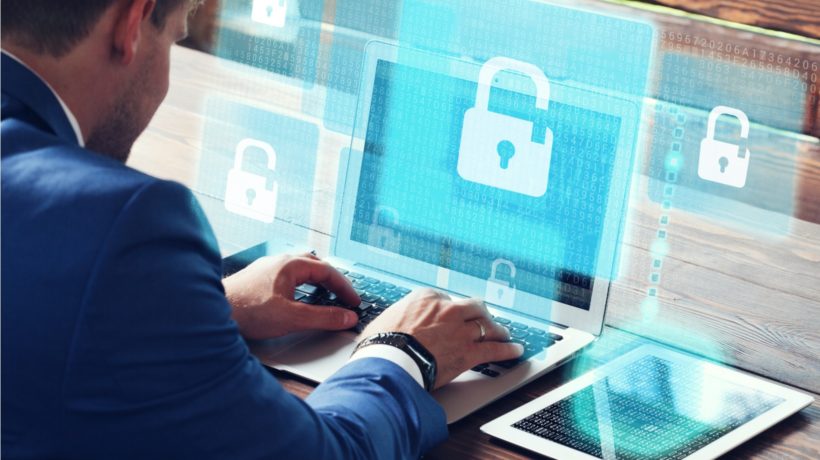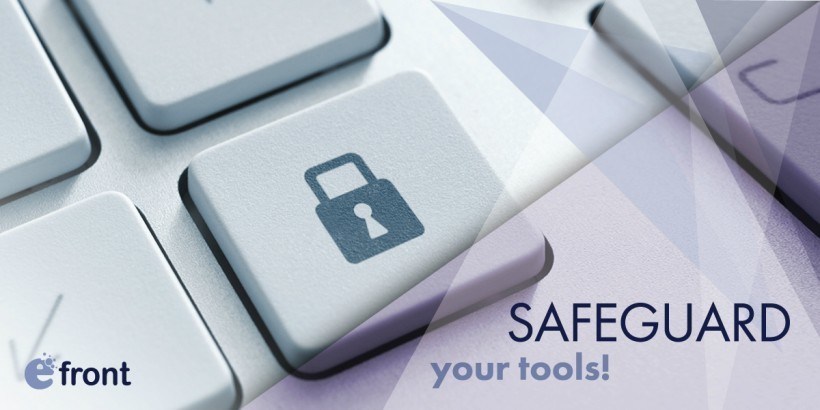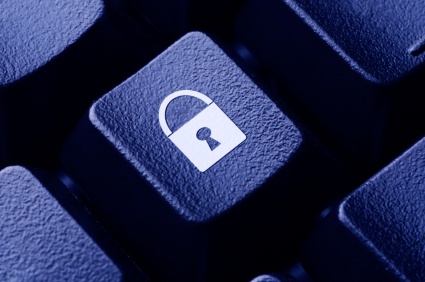How To Ensure Your LMS Vendor’s Data Center Security Meets Your Standards
When you own (or rent) a home, car, or property, you apply safety measures. You might install CCTV, buy motion sensors, or invest in alarms. You’ll also put locks on the doors and windows. But what if your security measures are so generic that anyone can bypass them with a master key or online patch? This matter is just as critical for your LMS. A breach has the potential to put your sensitive data at risk and diminish your credibility. So how do you ensure your LMS is locked down tight? Here are 6 insider tips to verify that your LMS vendor’s data security center meets your standards.
6 Tips To Verify LMS Data Safety
1. Emergency Preparedness
What happens to your stored data when your LMS vendor experiences a natural disaster or catastrophe, such as a flood or fire? If your data is on their localized servers, you must ensure that they have a backup plan in place. For example, secondary servers to prevent lost data. As well as backup power supplies, such as generators.
Another thing to think about is the reliability of their physical location. Is it in a safe locale? Or is that region prone to tornadoes, hurricanes, and other acts of nature? I am not suggesting you fly down and take a grand tour of their facilities. Merely asking about the hosting site during your LMS online vendor vetting meeting will suffice.
Lastly, you must ensure that they have some form of recovery plan in the event that your data is compromised. How and when will they notify you if there is a breach in your LMS vendor’s data security center, and what will they do to prevent future incidents?
2. Upgrade Policies
The tech world works the same as the defense world. Way back, someone learned you could inflict damage with projectiles like sticks and stones. Thicker clothing that sticks and stones couldn’t penetrate was the countermeasure. Then came spears and shields. Every time someone invents a weapon barrier, someone else finds a way to pierce through it.
Similarly, every time a techie develops a security system, hackers seek another way in. This means techies are constantly building patches and guarding against vulnerabilities, and that your LMS needs regular updates. An LMS vendor that charges a premium for every upgrade can get really expensive, so consider their policy. You should also ask about their research policies. For example, how is your LMS vendor's data security center is kept up to date regarding the latest issues and preventative measures?
3. Structuring
Is your LMS self-hosted or cloud-based? If it’s the latter, how is it compartmentalized? Shared hosting is more affordable, but it offers wider opportunities for interception. Dedicated servers can be quite pricy. You have to carefully review pros and cons to see if you can justify the expense.
VPS servers are a good compromise. You get the benefits of a dedicated server at the price point of a shared host. Double-check security measures with your LMS vendor. They’re sure to have some measures in place, but they may expect you to top up on your own. Find out what they’ll give you vs what you have to source on your own. Their infrastructure is also a key concern. How often do they evaluate their systems and security protocols to ensure they are shored up?
4. Secure Connections
A few years ago, SSL/TLS offered adequate security. If your URL read ‘https’ instead of ‘http’ that was enough. But these days, there are so many free SSL/TLS options that they don’t hold much water. They have too many vulnerabilities. So, while that padlock icon is a good start, it’s far from comprehensive. Ask about specific security measures like end-to-end encryption. If your business transacts online, ensure your LMS vendor is PCI compliant. Use a verified merchant processor to double down the security of eCommerce transactions.
5. Online Accessibility
Some LMS vendors will tell you security is your prerogative, but they still need to provide the right tools. For example, everyone that uses the system should have their own username and password. These passwords should never be default options. However, you need an LMS that allows multiple log-ins and impenetrable admin. Only the admin should have access rights to create or delete user IDs.
The platform should also have the ability to support multiple users simultaneously without crossing their wires or affecting processing speeds. You should have the ability to make these adjustments without calling your LMS vendor or paying additional fees.
Another issue to consider is certifications. In most cases, it’s best to invest in an LMS that has been verified by a third party so that you know they meet regulatory standards.
6. In-House Accessibility
Who has physical access to your information? Are background or security checks performed on employees to ensure your LMS vendor's data center security? Do they keep accurate records of who accesses the servers? You should also ask the LMS vendor about security monitoring.
For example, do they have surveillance cameras and a security system to deter or prevent theft? Lastly, verify how they actually safeguard their systems/servers. For example, are they protected by biometric scanners or locked away in a room that requires a higher level of security clearance?
Security is a key factor when evaluating an LMS vendor’s data security center. It stores sensitive data, both at personal and proprietary levels. Compromised security could cost your organization thousands of dollars, so get it right from the beginning.
Conclusion
Check with industry regulators for the legitimacy of your LMS vendor. Find out your vendor's thoughts on upgrades – specifically, ask about frequency and price. Choose an LMS vendor with minimal downtime and strong backup protocols in place. Look into encryption levels and ensure that users can only be added or removed in-house. Outside access is potentially risky and quite expensive.
Does your current system check all these boxes to ensure that your data is safe and sound? Use our free online directory to find a secure LMS that lives up to your standards.








